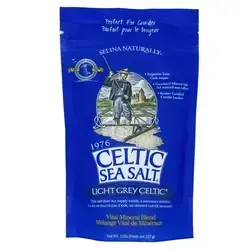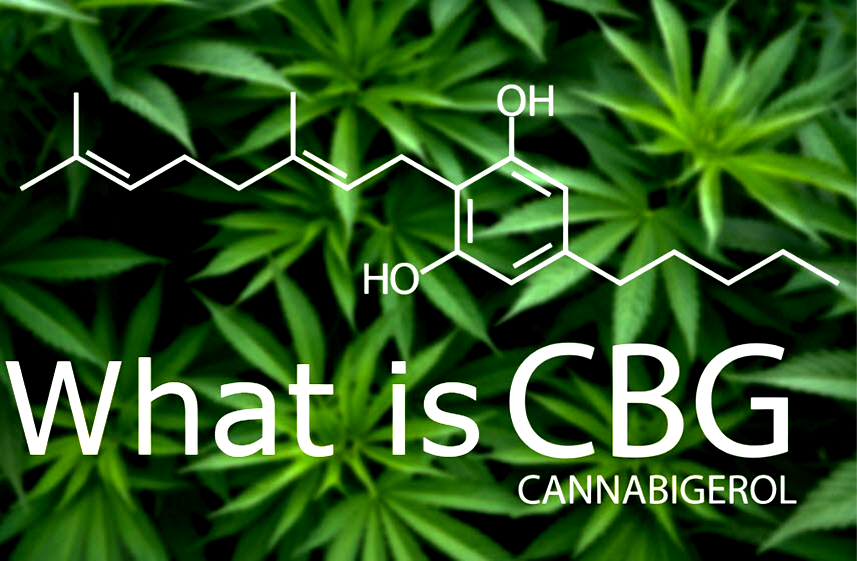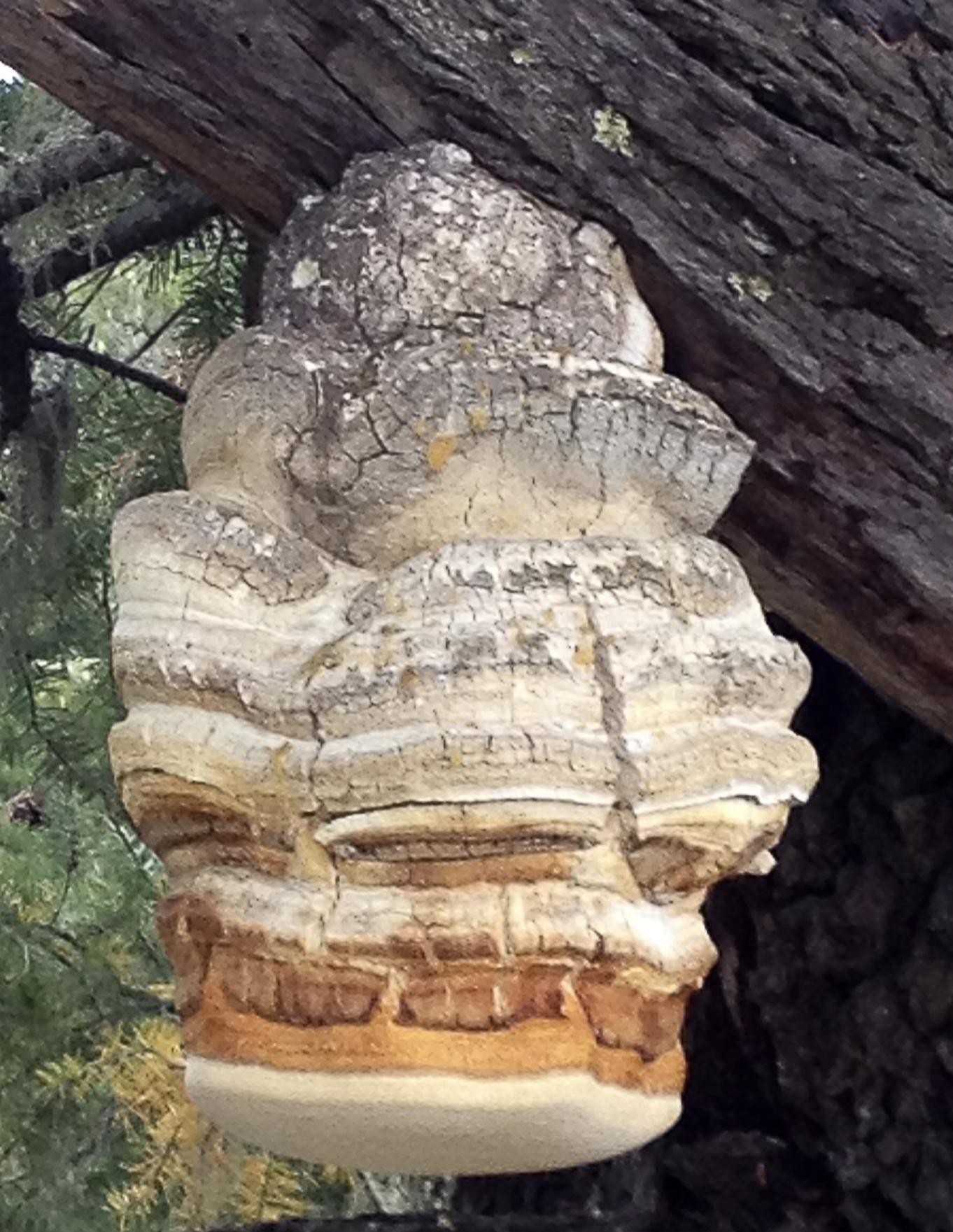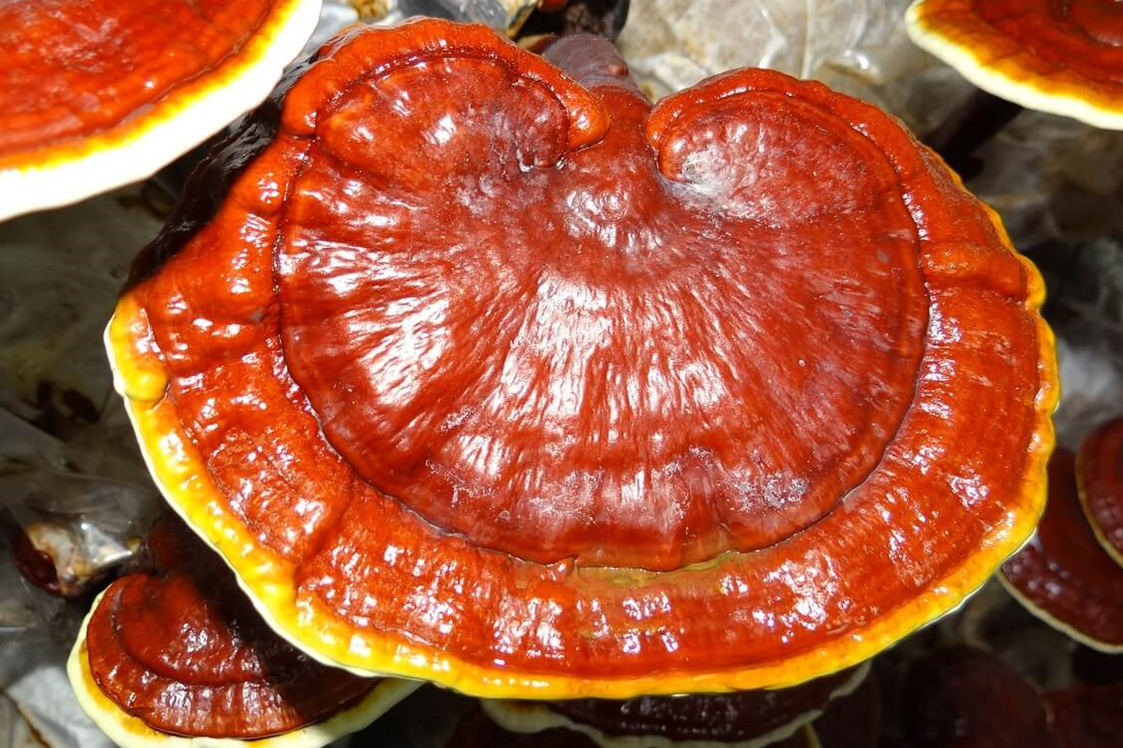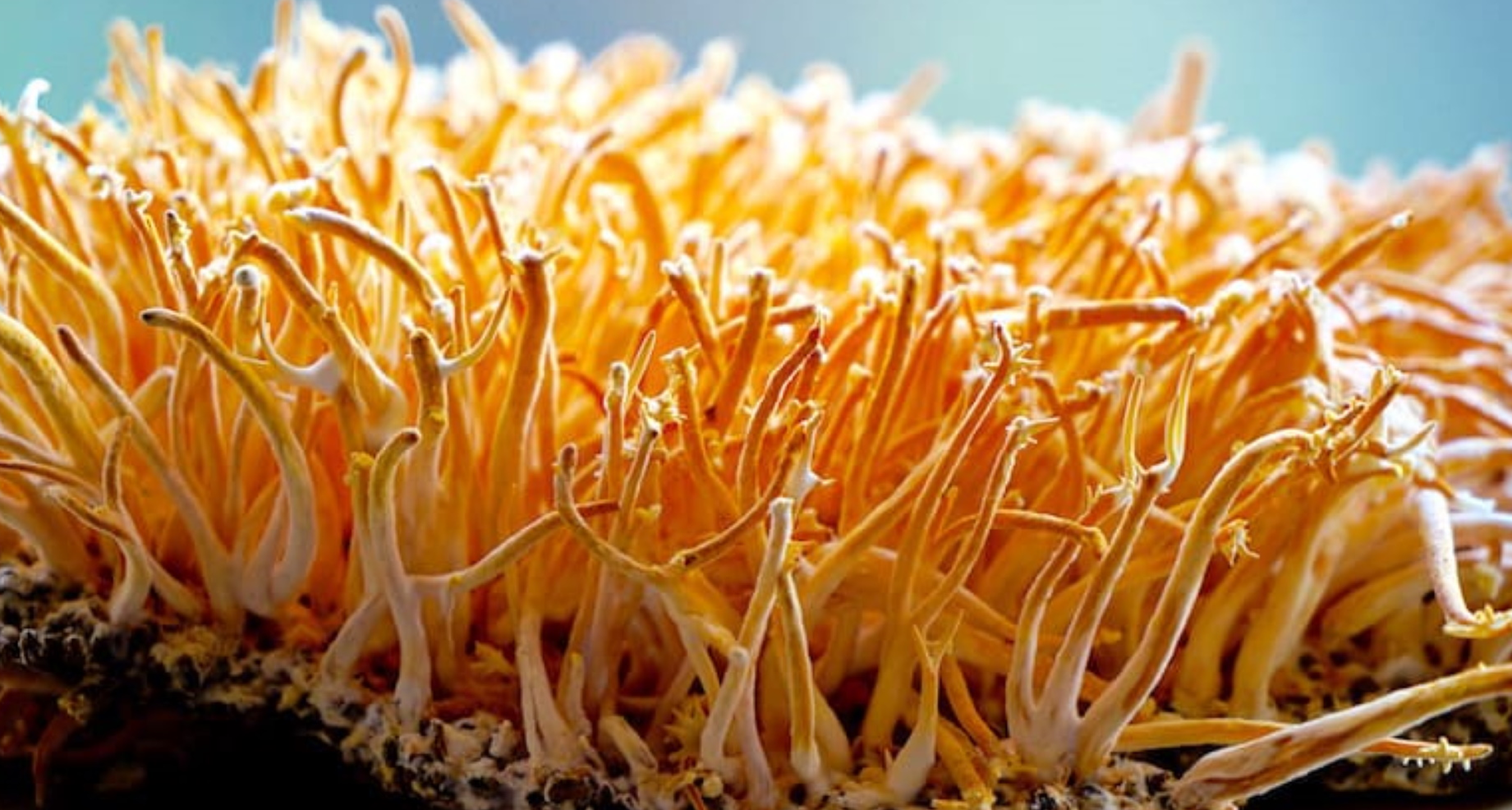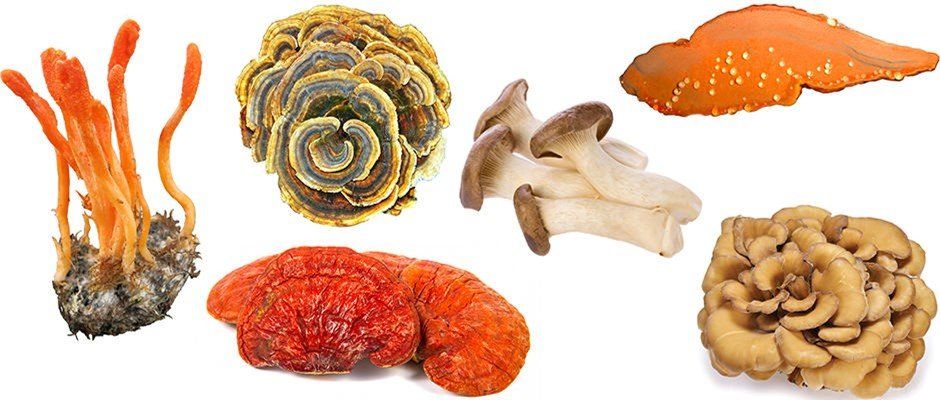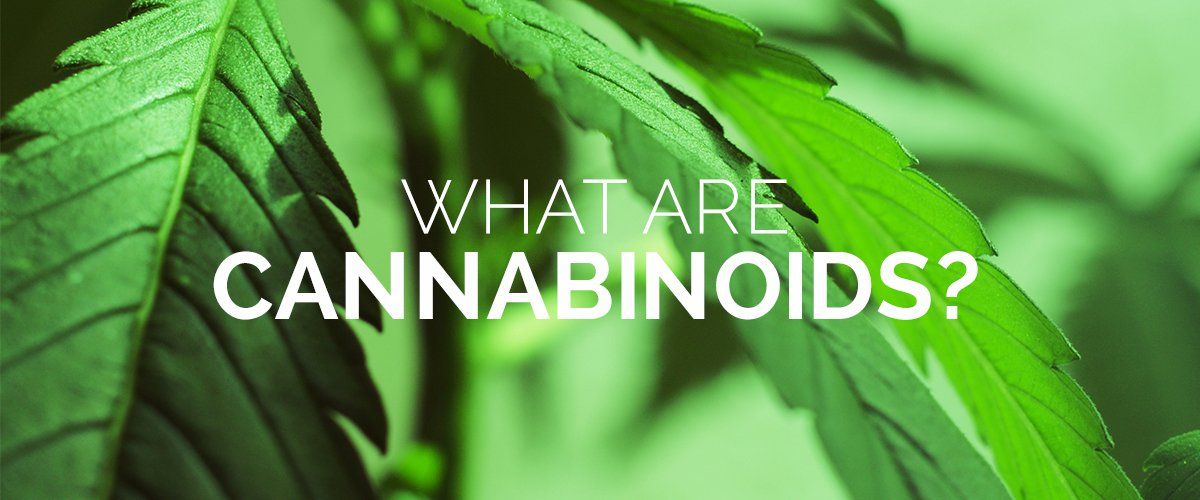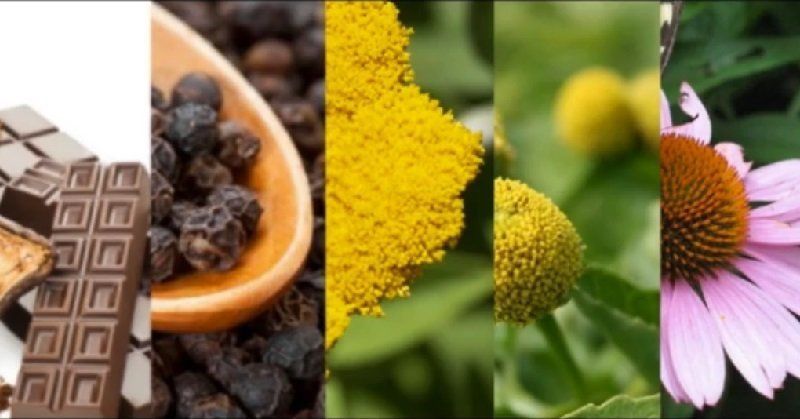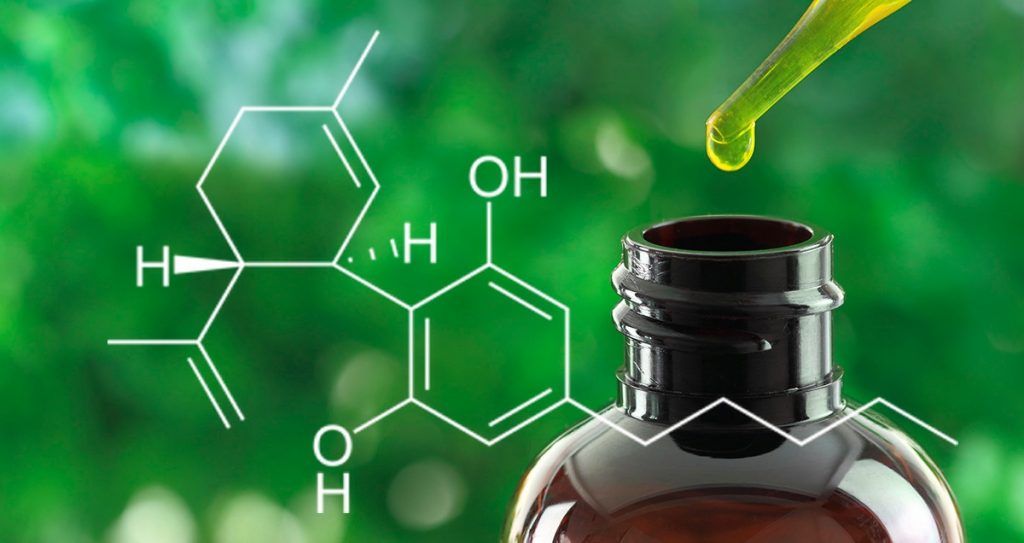Terpenes
What are terpenes and what do they do?
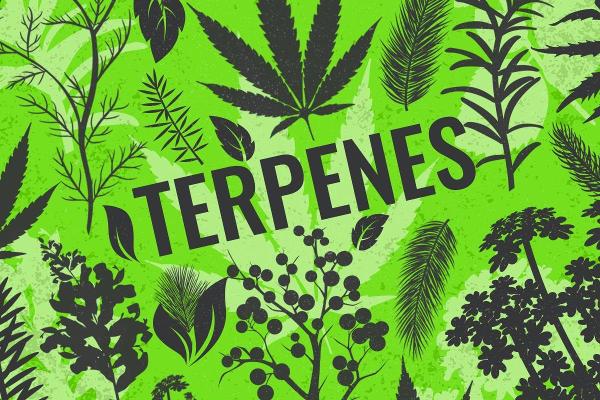
What is a Terpene?
Terpenes are what give the cannabis plant distinctive aromas & flavors. Many many plants in our world produce these terpenes. Produced in the same glands as CBD and THC, terpenes as well as the other cannabinoids in the plant work in symbiosis together to produce the
Entourage Effect.
To date there have been over 100 terpenes found in the cannabis plant and it's worth noting that they in themselves produce different effects in the body. Two different strains with the exact same THC and CBD concentrations can produce different results due to the terpene content. Of the over 100 terps found in cannabis, we are going to look at just a few, the most common found in cannabis/hemp.
Myrcyne
Myrcene is the most commonly found terpene in cannabis/hemp & many say it smells of cloves. Myrcene is known for it's sedative, calming, anti-inflammatory, anti-bacterial, and analgesic (pain relieving) properties.
Other plants containing Myrcene: Siamese ginger, Rosemary, Cardamom, Oregano, Black Pepper...
Limonene
Limonene is the second most common terpene found in cannabis/hemp & as it's name suggests it has a citrus smell. Limonene is known for it's anti-bacterial and anti-fungal properties, but it's ability to enter the blood brain barrier also means that it is beneficial for mental focus, attention, and overall feelings of well being. This makes it a great terpene to be used in anxiety and depression applications. It's also worth mentioning that there is developing research suggesting that Limonene works as an anti-carcinogenic and can help slow the growth of tumors.
Other plants containing Limonene: Agnus-castus, Lemons, Celery, Dill, Fennel...
Beta-Caryophyllene
Beta-Caryophyllenehas a very spicy smell and flavor very similar to black pepper. It is known to have strong anti-inflammatory and analgesic (pain relieving) properties and is often found in topical salve and cream applications. Some even suggest that it helps fight symptoms of anxiety & depression.
Other plants containing Beta-Caryophyllene: Beggar Ticks, Clove, Black Pepper, Beefsteak Mint, Rosemary...
Linalool
Linalool has a very floral scent with hints of spice. It has calming and sedative effects and is used in the application of treating anxiety, nervousness, and depression. It is also said to have anti-epileptic and analgesic (pain relieving) properties as well as research into treating certain types of cancers.
Other plants containing Linalool: Cilantro, Basil, Oregano, Grapevine, Black Tea...
Pinene
Pinene has as the name suggests a very woodsy pine/fir scent. It is known for it's anti-inflammatory & antiseptic properties. It has a great effect on the bronchi and is also used in applications as an expectorant. Pinene has been shown to positively affect our memory and protect against Oxidative Stress.
Other plants containing Pinene: Benguet Pine, Parsley, Scotch Pine, Nutmeg, Celery...
Terpineol
Terpineols unique scent can sometimes be lost in many strains because it's often found with Pinene and is overpowered. It has a pleasant lilac/lime blossom scent. It has calming and sedative effects and is often used to treat anxiety/depression.
Other plants containing Terpineol: Thyme, Marjoram, Cardamom, Oregano, Scotch Pine...
Delta 3 Carene
D3 Carene has a pungent woodsy/lemony aroma. It gives off a lemony flavor without the sour punch of an actual lemon. It's most widely used as a natural insect repellent, giving a much better smell than DEET without the unwanted side effects. Many do not know this terpenes remarkable ability to reduce inflammation and its use in ancient eastern medicine. Carene is also showing great promise in promoting strong bone growth, bone remodeling after injury, and reversing the effects of osteoporosis. When used in conjunction with Terpineol, the enzyme acetylcholinesterase is inhibited stimulating memories and increasing memory retention.
Other plants containing D3 Carene: Pine, Black Pepper, Lepechinia Calycina, Thyme, Wild Parsnip...

